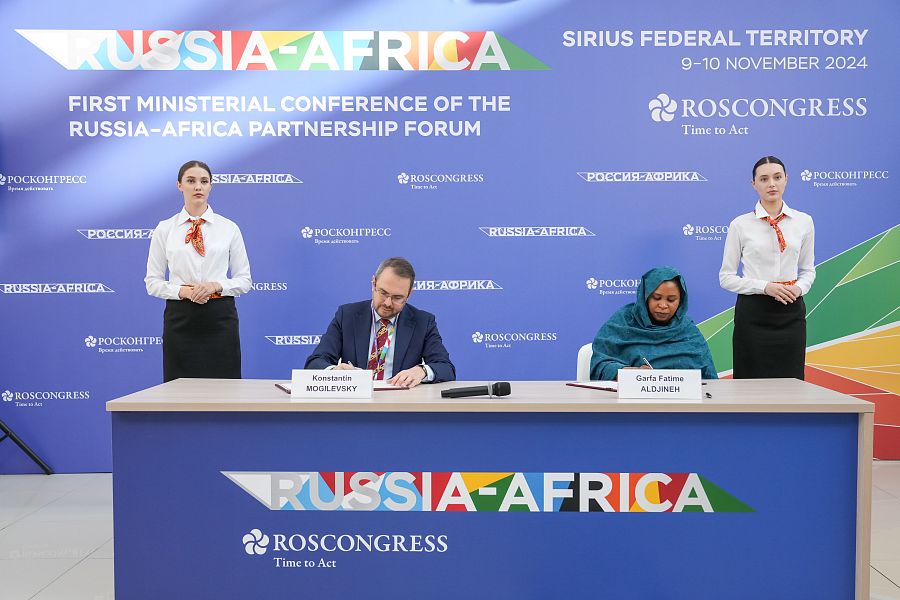
Konstantin Mogilevsky: The African continent continues to be Russia's most significant partner in science and education
At the inaugural Ministerial Conference of the Russia-Africa Partnership Forum, the Ministry of science and higher education of the Russian Federation conducted a panel discussion titled "Prospects for Scientific and Educational Cooperation between Russia and Africa."
The meeting included representatives from agencies and organizations based in Russia, South Africa, Uganda, Chad, Seychelles, Senegal, Benin and Cameroon.
- training of national staff;
- joint scientific research;
- development of the Russian language in partner countries;
- prospects for cooperation between Russia and Africa, including within the framework of the Russian-African Network University Consortium.
At the panel session, Konstantin Mogilevsky, Deputy Head of the Ministry of science and higher education of the Russian Federation, emphasized that Africa has always been a key partner for Russia in science and education.
“There are over 355,000 foreign students currently studying in Russia, including more than 34,000 from African countries. This represents approximately 5% of all students from the African continent worldwide,” said Mr. Mogilevsky.
Scholarships will serve as a new tool for attracting talented foreign students to the Russian Federation. Beginning in 2025, it will supplement the quota mechanism, with the number of scholarships increasing annually to reach a total of 10,000.
During the conference, Konstantin Mogilevsky met with the foreign ministers of Mali and Ethiopia to discuss the outcomes of the Ministry of science and higher education of the Russian Federation delegation's visit to Africa.
Negotiations were conducted with Monica Musenero Masanza, the Minister of Science, Technology and Innovation of the Republic of Uganda, as well as with Buti Kgwaridi Manamela, the Deputy Minister of Higher Education and Training of South Africa. The discussions focused on enhancing the legal and regulatory framework for cooperation, accelerating academic and scientific mobility and introducing the Russian language to schoolchildren and students.

